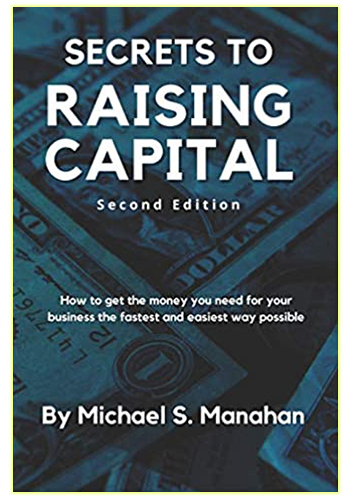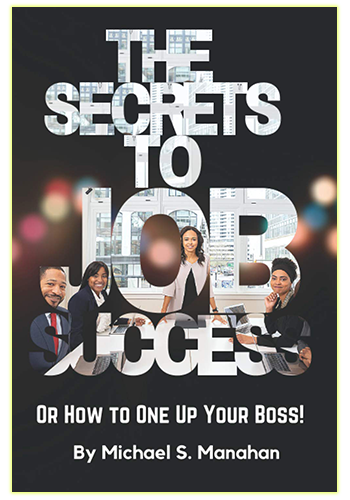
Are Corporations People?
Are corporations people? Of course corporations are not people. Yet sensationalistic journalists have been bandying about this idea that corporations are somehow now people, and that’s a bad thing. After all, why should corporations have the same rights as people? This idea really came to fruition with the Supreme Court’s ruling in the Citizen United case in which the court ruled that corporations were protected by the First Amendment, which as we know is the right to free speech. It should be noted that the Supreme Court’s opinion included the same rights as applying to associations and labor unions.
Those who object to the Supreme Court’s ruling seem to object for two reasons. First, they object on the grounds that corporations are not people, and the First Amendment was intended to protect the right of free speech for people (as opposed to organizations that are not people). The second objection is that allowing corporations to spend their money for political purposes somehow introduces the opportunity for large corporations to unfairly influence political outcomes. Let’s look at both of the arguments separately.
Everyone would agree that that First Amendment was intended to protect the right of free speech for the individual person. But what about when there is more than one person? Does the right to free speech only apply to each person as an individual, or does it apply to individuals acting together? Anytime you have more than one person acting in concert, you have an organization. That organization could be a family, a club, an association, a team, a charity, a religious order, a union, a partnership, a committee, a volunteer group, or a business enterprise. The form and format of associations varies widely in modern society.
So where does the First Amendment apply when more than one person is acting in concert? Does it stop at some magical number? Are two people acting in concert protected by the First Amendment, but 100 people acting in concert not protected? Or is it the form of organization? Should a partnership be protected, a club protected but a corporation not protected? Clearly First Amendments rights apply to each individual in an organization, and as such, shouldn’t they apply to all individuals in that organization working together in concert, as well? If you do not grant an organization the same rights as individuals for freedom of speech, then you are denying freedom of speech to any individuals who exercise their free speech as part of a group. You really don’t need the Supreme Court to understand that argument.
So, logically organizations of any size and nature should have the same rights to freedom of speech as individuals do, because each organization is nothing more than a group of individuals. What really then is the issue? The real issue is the second part of the argument against allowing corporations the right to Freedom of Speech. That argument says that large corporations with their vast resources might unduly influence an election due to the ability of those corporations to spend huge sums of money on advertising. That argument can be understood.
But then should the spending of money only be restricted to corporations? Bill Gates has more money than most corporations in America. Should he also be restricted from spending his money? What about George Soros, Oprah Winfrey or Ted Turner? Should we restrict their freedom of speech? What about organizations other than corporations that also have lots of money? Many universities, unions, religious organizations, charities and trusts also have substantial resources. Should those organizations not have the right of free speech? If the objective is to keep elections from being unduly influenced by those individuals and/or organizations that have vast financial resources, limiting free speech, particularly to one group of individuals or organizations, does not seem to make much sense and certainly goes against our First Amendment rights.
What is the answer to the risk that political outcomes can be influences by the spending of huge sums of money? Well, first we must really assess if that is a risk. Meg Whitman spent a record $2 billion to get elected as governor of California, and she lost. Businesses have spent hundreds of millions marketing products that ultimately consumers don’t buy. It is inaccurate to assume that the candidate who garners the most spending, automatically wins.
Money isn’t always a factor. To assume political outcomes are at risk of influence from those with money also assumes a gullible electorate. At a time when voter turnout is at an all time low, and when interviewed voters are not informed of the issues, don’t know basic fundamental about the workings of our government and vote based on such things as a person’s race, gender, religion and looks, as opposed to platform, can spending really be such a factor?
If you want to fix the problem, taking away the right to free speech from organizations is not the answer. A start might be a more informed and involved electorate. Perhaps instead of forcing our college students to take Cultural Multipluralism we’d be better off teaching them the power of democracy and their obligation to participate.
Some people would argue that limiting the free speech of organizations with large sums of money keeps the election results from being purchased. But really, who is in the best position to purchase election results? It is the candidate who promises the most handouts, payoffs and benefits to those people who vote for that candidate. That really is the problem of the influence of money in this country, and the one that is ultimately being put to test right now in our federal government, and in many state governments. The verdict is still out as to whether we can survive a system whereby the purchase of votes through promises of government spending and benefits is sustainable. Even though we have a strong economy, the proof from dozens of countries around the world, suggest our current course is really the path to economic collapse. All one has to do is look south of the border, for crystal clear evidence.
SMALL BUSINESS IMPACT: A corporation is a fairly standard form of business organization, even for small businesses. In fact, most corporations are small businesses. Less than one tenth of one percent of corporations has more than 500 employees. So any regulations that affect corporations primarily affect small businesses. If the Supreme Court had ruled that corporations did not have the right to free speech, then it would have taken away freedom of speech from 30 million small businesses and the driving force for job creation in our economy. Further, it would make small businesses the target of over-zealous journalists, attorneys, unions and political parties, intent on discrediting the role of business, while limiting the ability of those businesses to effectively defend themselves and the free enterprise system.
Author: Michael Manahan
Copyright 2015
This article may be reprinted in whole or in part providing the author is given full credit and a link to this article on this website is included.













